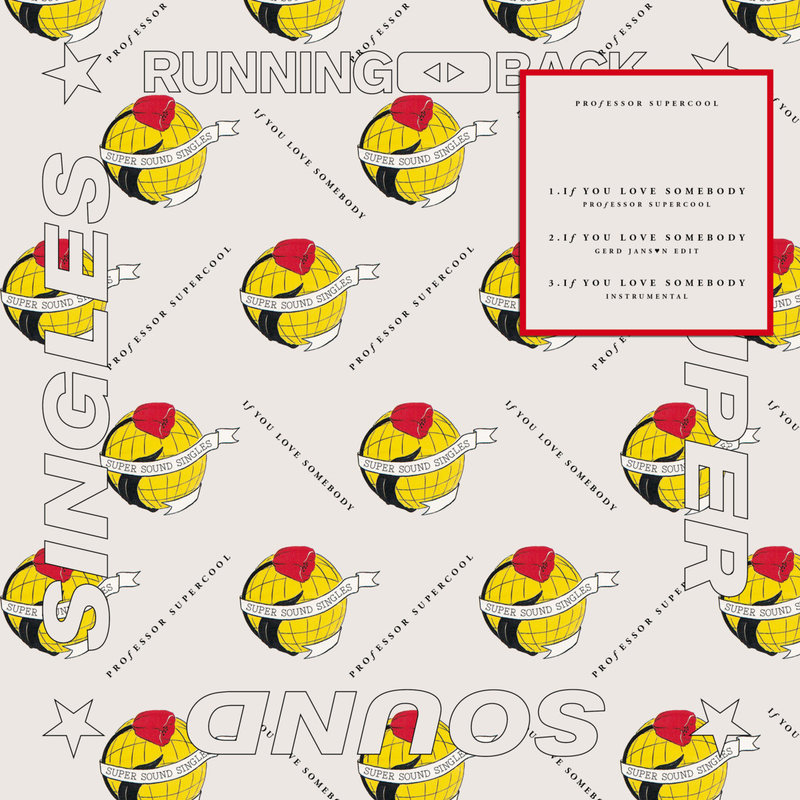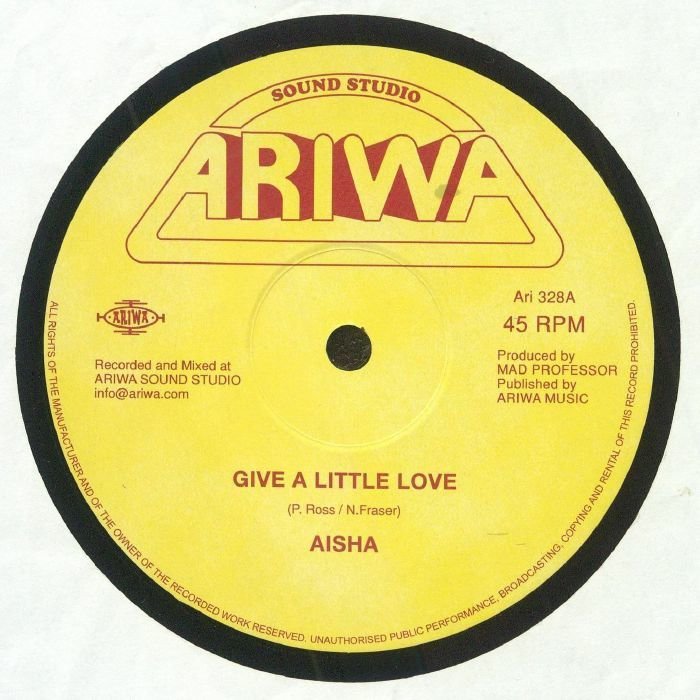Matthew Collin is the author of ‘Dream Machines: Electronic Music in Britain from Doctor Who to Acid House’ (Omnibus Press). He has a show on Mutant Radio, a radio station based in a fully-equipped caravan-wagon in Tbilisi, the capital of Georgia, where it mainly streams from. Apart from the live streams, Mutant Radio also has an open-air cafe, where like-minded people have an opportunity to enjoy quality music and a friendly vibe. Mutant Radio also run a festival happening from September 27-29 which you can find more about here. Over to Matthew...
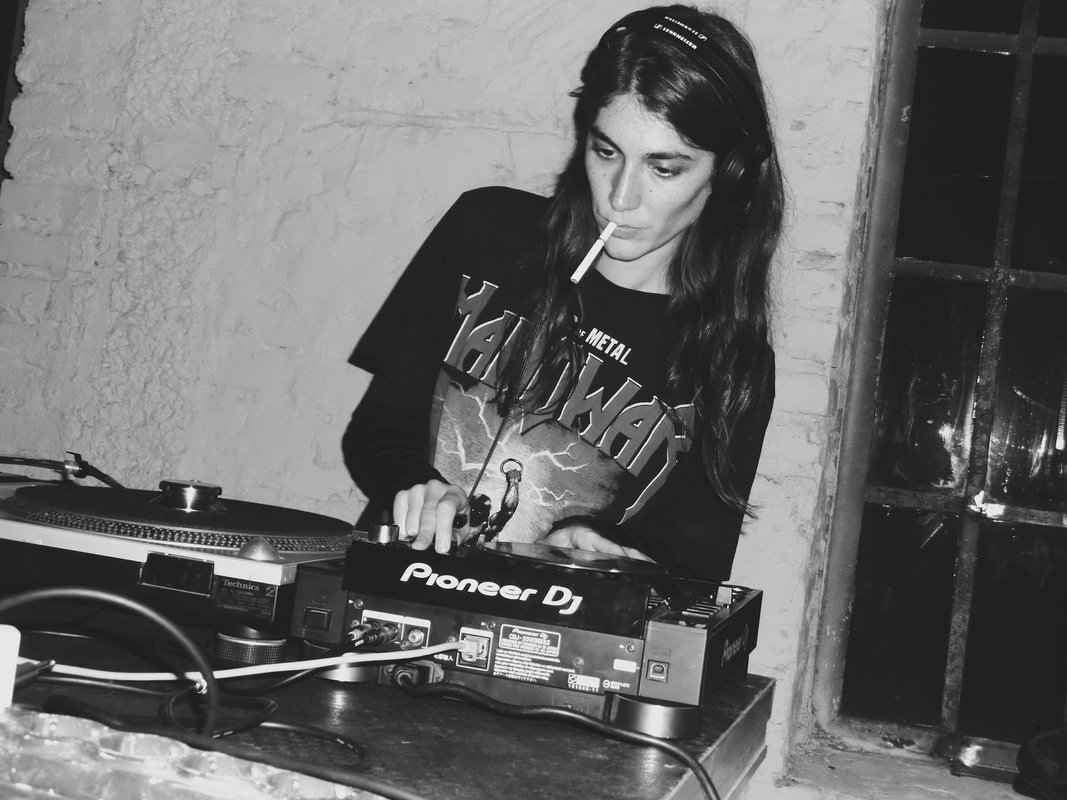
“I think we give artists a space where they can be totally free in their musical taste - they can play whatever they want, they can experiment as much as they want. They don’t have to follow the rules of the game,” says Nina Bochorishvili, co-founder of Tbilisi’s adventurous online station Mutant Radio.
This month, Mutant Radio celebrates five years of broadcasting weird and wonderful sounds from a customised trailer in a disused electricity substation in the Georgian capital, where a vibrant community of non-mainstream and experimental musicians has grown up around it.
“When we started, there weren’t any alternative spaces and hardly any alternative events,” recalls the station’s other co-founder, Tata Janashia. “Mutant Radio kind of reshaped this, it gave people an alternative source of music and gave artists with different styles an opportunity to play, and it connected them together.”
Bochorishvili and Janashia believe that making connections, both within Georgia and outside its borders, is a central part of the station’s mission. Mutant Radio has hosted live sets from some of the world’s most exciting left-field DJs live from Tbilisi headquarters, including Vladimir Ivković, Jane Fitz and Alessandro Adriani, but also performances of avant-garde improv, modular synth music, abstract ambient and experimental noise.

The Mutants Festival, which is being held from September 27-29 to mark the fifth anniversary, is the station’s most ambitious cross-border collaboration yet, organised with two Swedish musical instigators from Malmö, Ulf Eriksson of Kontra-Musik and the Intonal Festival of experimental and electronic music, and Prins Emanuel (Emanual Sundin) of Fasaan Records.
“With the Mutants Festival, what is important for me is to return to the basics, to something more low-key, high-energy and with a DIY spirit; to work with friends and communities and not be a part of the industry bubble, accompanied by ridiculous fees, managers and booking agents,” says Eriksson.
Sundin also stresses the importance of the DIY spirit - “the underlying ethos is that of being in opposition to what large segments of the ‘underground’ music scene is becoming or has already become - a highly monetised business sector that plays in the hand of algorithms and numbers, absorbed in big-market ideology”, he explains.
The festival takes place as Tbilisi’s alternative cultural sector is enjoying unprecedented vibrancy, but also amid growing political turmoil as the country’s increasingly authoritarian and illiberal government seeks to extend its control over Georgian society, targeting civil rights organisations and the LGBTQ+ community as it pushes a right-wing populist-nationalist agenda.
Mass protests erupted earlier this year when Russian-style legislation was introduced ordering organisations that receive funding from abroad to register as ‘agents of foreign influence’: a law aimed at stifling criticism of the authorities, which affects the cultural sector as well as independent media and civil liberties groups.
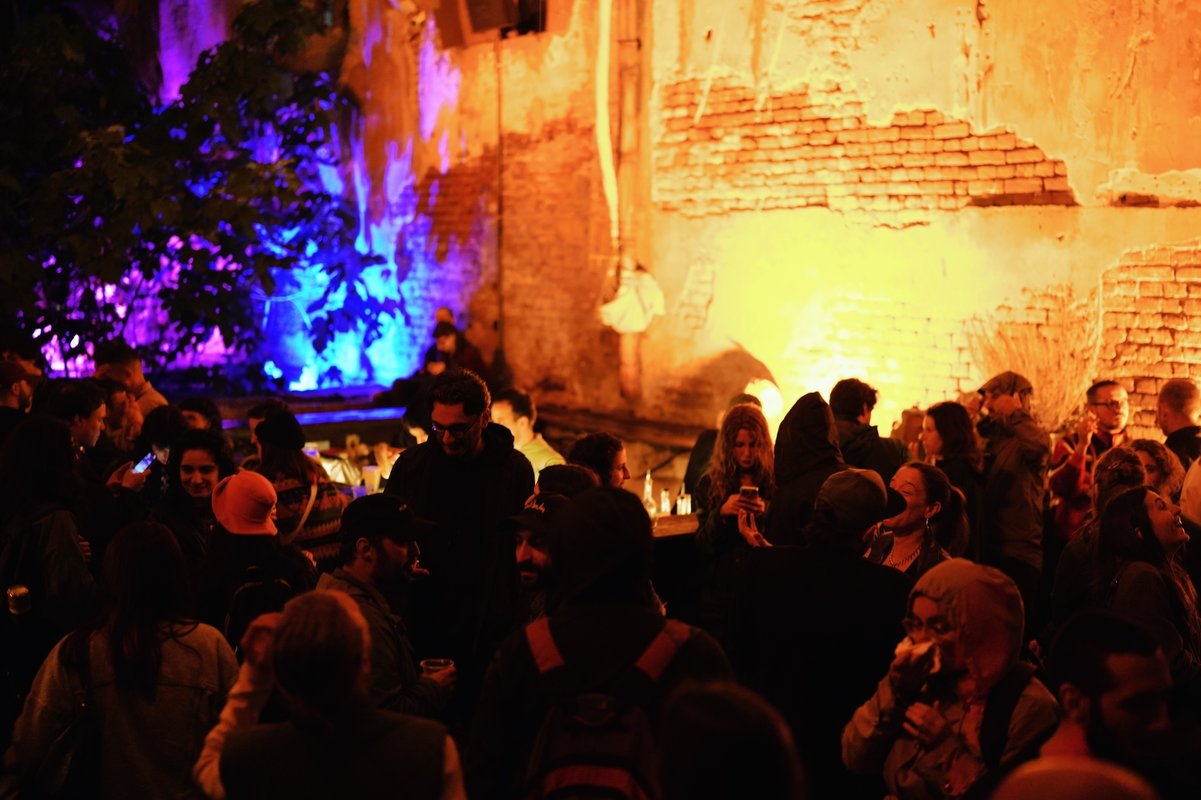
It’s a troubling time for a city that’s seen a remarkable upsurge of musical activity over the past decade. Georgian techno culture exploded in the 2010s as a new generation sought to put their country’s Soviet past behind them and looked to Western Europe for inspiration, and Georgian DJs, producers and nightlife animateurs established a scene that has few equals in Europe. Tbilisi clubs like Bassiani, Khidi, Mtkvarze, Left Bank, TES and others continue to carry the torch for forward-thinking electronic dance music.
Mutant Radio has personal and creative links to Georgian club culture, but its sonic worldview takes in musical horizons far beyond the dancefloor. “Mixed genres, mixed artists, all mixed up,” as Janashia puts it. The festival reflects this, with DJ sets by Eriksson, Emanuel, Timothy J. Fairplay, Mike Tansella Jr., station co-founder Bochorishvili (as Ninasupsa) and others alongside live performances that push the musical boundaries way out. (Full disclosure: the author of this article will also be doing a daytime broadcast during the festival.)
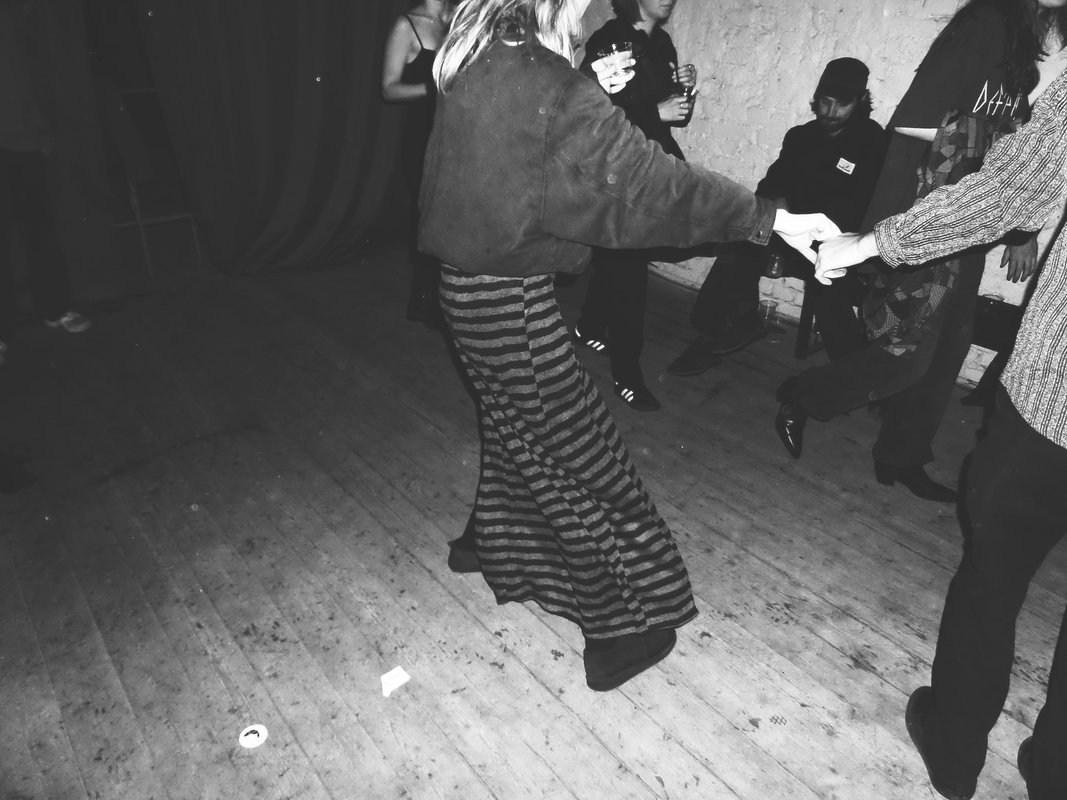
A major highlight will be a performance by Tbilisi-based electronic maven Zesknel (Zurab Babunashvili), whose live sets sweep through ambient abstraction into ritualistic percussiveness and outwards into distorted echoes and spooked reverberations. Zesknel, known for his intense and compelling sets at Bassiani every month, keeps his music raw with a basic set-up of Elektron drum machine, delay unit, distortion pedal and analog mixer. “Maybe 80, 90 per cent is improvised while I’m playing live, because I like to surprise myself,” he says.
He enjoys disrupting techno’s linear groove with almost ragga-style stepping beat patterns and polymetric complexities: “I like the old-school four-to-the floor. It’s primal. But to keep things interesting, I also like using polymeters [layering beats in different time signatures] - a pattern emerges at some point, and you just find the rhythm inside.”
Further out in left field are Awwwara - Giorgi Koberidze and Luka Nakashidze - who combine electronic textures with sounds from traditional folk instruments like the duduki, a double-reed woodwind instrument, and the doli, a resonant Georgian drum. The music they make is utterly contemporary rather than a reimagining of the past, however: folk troubadours are recorded by the duo and then their sounds are processed into something fresh.
Awwwara also refuse to use nostalgic references to Georgian folk classics in their music: “We ask the musicians to make new music and not to use old melodies,” says Koberidze. “Then we are sampling them, editing and effecting and manipulating.”

Metastasis, an electro-acoustic trio, offer another different sonic approach: “It’s a kind of mixing of noise and ambient music, plus electronic music, plus live performance and free improvisation,” explains band member Kuji Davituliani. “We also take inspiration from environmental sounds, the sounds we hear every day.”
Davituliani and fellow players Nasi Chavchavadze and Alexandre Khokhiashvili use cello, percussion and electronics to create evolving, partly improvised soundscapes, which he says are influenced by “electro-acoustic music, tape music and musique concrète from the fifties and sixties”.
Metastasis first performed in 2018 at protests against the government’s harshly punitive drug policies, which were organised by the pro-liberalisation White Noise movement. It’s another indication of the close connection between political activism and progressive musical culture in Tbilisi. Many Mutant Radio crew members and musicians were out on the streets during the recent anti-government rallies, which continued despite a brutal police crackdown.
“It’s important to be conscious of what’s happening around you,” says Zesknel. “In a situation like ours, politics play a huge role.” Leaving no doubt about the station’s stance, a poster in Mutant Radio’s outdoor bar area declares emphatically: “Putin is a war criminal.”
The Mutants Festival shows how the station has grown in confidence and ambition over its five-year existence, buoyed by the knowledge that it has built a committed audience for left-field sounds, and that its post-industrial venue by Tbilisi’s riverside highway has become a popular nocturnal hangout for the musically open-minded.
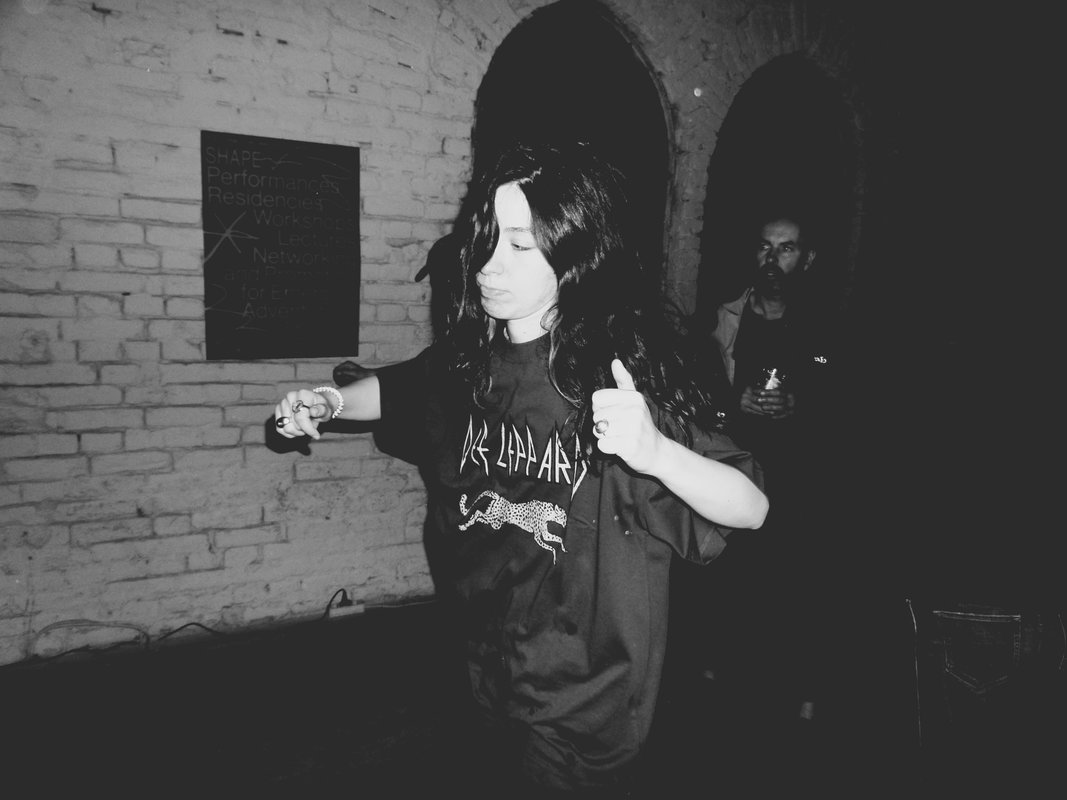
The festival even features a screening of Kote Mikaberidze’s Soviet-era silent comedy film from 1929, ‘My Grandmother’, with an improvised soundtrack by musicians associated with CES, a production and studio engineering college that also has its own record label, responsible for a series of important Georgian electronic releases.
But perhaps what’s most important about the anniversary festival is that it will reinforce the sense of community that’s been established over the past half-decade. “Mutant Radio has brought people together, musicians and people with different ideas,” says Zesknel.
It has also expanded their musical horizons. “We discovered so many new artists who we would never have heard anywhere else,” says Giorgi Koberidze of Awwwara. “Some musicians also saw this is a place where they could play something outside of their comfort zone, outside of the box. They tried new things and they liked it, so they continued. No one could imagine that some strange experimental performance would have an audience, and so it’s gathered not only musicians, but also listeners.”
As to the music at the festival, Mutant Radio co-founder Tata Janashia urges listeners to expect the unexpected. Asked to explain what Metastasis will play when they appear, Kuji Davituliani offers a similar response: “It’s not easy to predict because we always try to make something new. But it’ll definitely be something very unique and interesting.”
‘Unique and interesting’: it could be a motto for Mutant Radio itself.

Matthew Collin is the author of ‘Dream Machines: Electronic Music in Britain from Doctor Who to Acid House’ (Omnibus Press). He has a bi-monthly show on Mutant Radio. See the full line-up for the Mutants Festival here.

